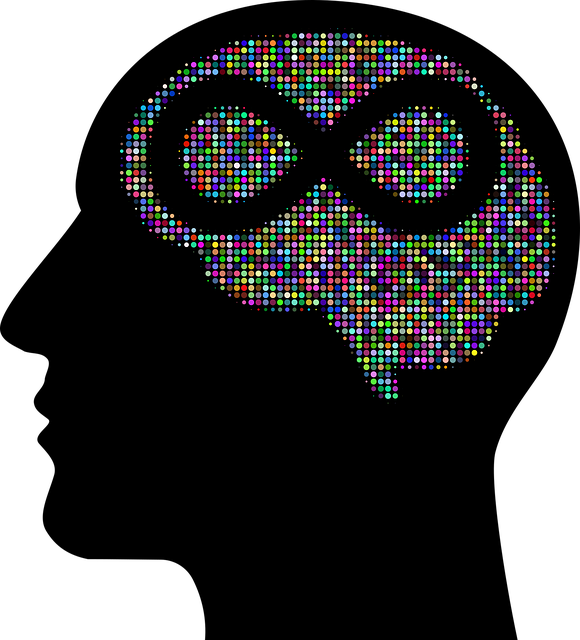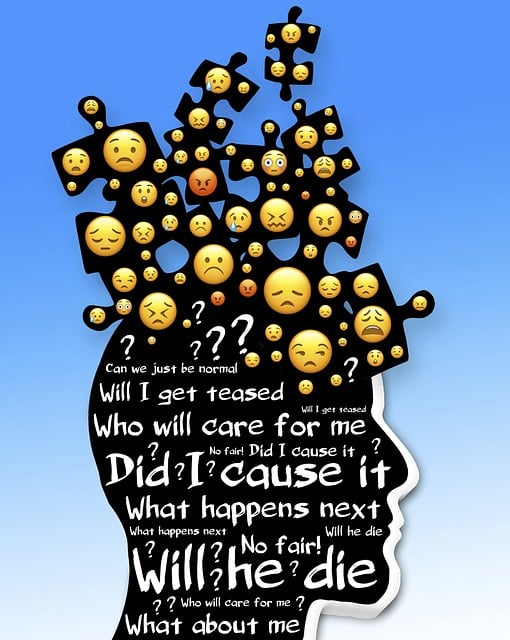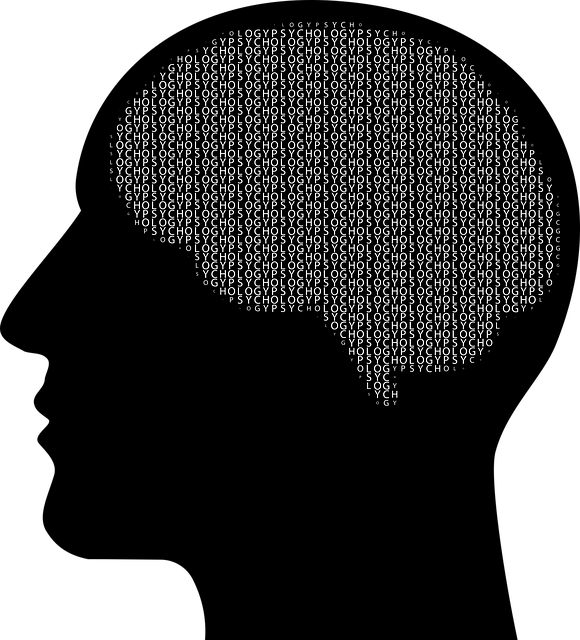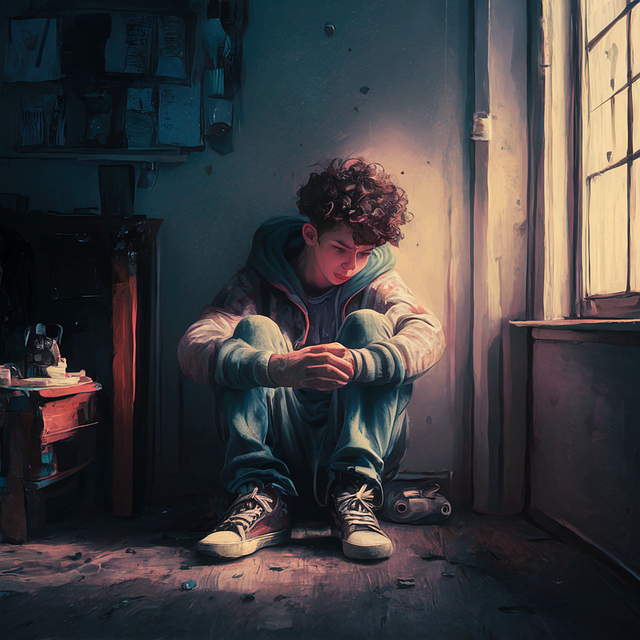Media representation of mental health significantly impacts public perception and stigma, especially for conditions like OCD. Accurate storytelling, diverse narratives, and cultural sensitivity in media are key to promoting mental wellness and reducing barriers to treatment. The case study of Littleton Obsessive Compulsive Disorder (OCD) highlights the need for precise media portrayal, focusing on evidence-based therapies like Exposure and Response Prevention (ERP), and showcasing successful recovery stories. By emphasizing coping skills development, media can challenge stereotypes, educate the public, and create a more supportive environment for those seeking OCD treatment.
In today’s media landscape, the representation of mental illness plays a pivotal role in shaping public perception. This article delves into the complex challenges and offers solutions for accurate and empathic depictions, particularly focusing on Littleton Obsessive Compulsive Disorder (OCD) as a case study. We explore the impact of media portrayals on societal understanding and propose strategies to foster more nuanced representations. By examining OCD therapy approaches and challenges, we aim to enhance empathy and promote better mental health outcomes through responsible media storytelling.
- Understanding Mental Illness Representation in Media
- The Impact of Media Portrayals on Public Perception
- Strategies for Accurate and Empathic Depictions
- Littleton Obsessive Compulsive Disorder (OCD) as a Case Study: Therapy Approaches & Challenges
Understanding Mental Illness Representation in Media

Media plays a pivotal role in shaping public perception about mental health, often influencing how individuals understand and respond to various psychiatric conditions. Accurate representation is crucial for fostering mental wellness and reducing stigma; unfortunately, stereotypes and misconceptions are prevalent. For instance, disorders like Obsessive-Compulsive Disorder (OCD) are frequently misrepresented or exaggerated in popular culture, leading to a distorted view of what these conditions entail. This misrepresentation can hinder individuals from seeking Littleton OCD therapy or other forms of treatment due to fear of judgment or misunderstanding.
Addressing this issue requires a multi-faceted approach. First, there’s a need for more nuanced storytelling that reflects the diversity of mental illness experiences. Simultaneously, integrating cultural sensitivity in mental healthcare practice into media production can ensure diverse communities are accurately portrayed. Additionally, public awareness campaigns development centered around accurate representation can educate audiences and encourage empathy, fostering an environment where those struggling with mental health issues feel understood and supported.
The Impact of Media Portrayals on Public Perception

The media plays a significant role in shaping public perceptions about mental health and illness. Portrayals of individuals with mental conditions, such as Obsessive Compulsive Disorder (OCD), can either perpetuate harmful stereotypes or foster understanding and empathy. When OCD is depicted accurately, it allows viewers to grasp the challenges faced by those affected, encouraging compassion and a reduction in stigma. However, inaccurate or sensationalized media representations can lead to misinformed attitudes, causing individuals with OCD to feel misunderstood or even ashamed.
Littleton Obsessive Compulsive Disorder Therapy, for instance, can benefit from positive media coverage that highlights the availability of effective treatment options and promotes recovery stories. Encouraging the production of a Mental Wellness Podcast Series focused on inner strength development and stress management can provide valuable resources for those seeking support. By presenting balanced narratives, media outlets have the potential to challenge societal norms, educate the public, and create an environment where individuals with OCD feel empowered to seek help without fear of judgment.
Strategies for Accurate and Empathic Depictions

In crafting narratives about mental illness, media has a profound impact on shaping societal perceptions and attitudes. To challenge negative stereotypes, accurate and empathic depictions are essential. This involves employing strategies such as consulting with experts in psychiatry and psychology to ensure the authenticity of symptoms and treatments, like Littleton Obsessive Compulsive Disorder (OCD) Therapy techniques. Portraying characters grappling with mental illness in a nuanced manner, highlighting their experiences without sensationalism, can help reduce stigma.
Integrating stress reduction methods and showcasing successful mental wellness journeys can offer viewers hope and inspiration. Mental illness stigma reduction efforts should be at the forefront of these depictions, promoting understanding and empathy among audiences. By presenting a balanced view, media can contribute to a more compassionate society, fostering environments where individuals with mental health challenges feel supported rather than judged.
Littleton Obsessive Compulsive Disorder (OCD) as a Case Study: Therapy Approaches & Challenges

Littleton Obsessive Compulsive Disorder (OCD) presents a compelling case study for understanding and challenging mental illness representation in media. OCD, marked by intrusive thoughts and repetitive behaviors, often leads to significant distress and impairment in daily life. In the context of therapy, cognitive-behavioral therapy (CBT), specifically Exposure and Response Prevention (ERP), has emerged as a highly effective approach. This evidence-based method gradually exposes individuals to their fears while teaching them coping skills to resist compulsive behaviors.
Despite its proven efficacy, challenges persist in both therapy approaches and representation. Mental wellness advocates argue that media often perpetuates stereotypes of OCD as extreme or horrifying, failing to capture the nuances of individual experiences. Accurate risk assessment for mental health professionals is crucial to ensure safe and effective treatment, especially when dealing with complex cases of OCD. Moreover, focusing on coping skills development empowers individuals to manage symptoms and live fulfilling lives, challenging societal perceptions and fostering a more supportive environment for those navigating OCD.
Mental illness representation in media plays a pivotal role in shaping public understanding and perception. By employing strategies that promote accuracy, empathy, and diverse narratives, we can challenge stereotypes and foster more nuanced views of mental health conditions like Littleton Obsessive Compulsive Disorder (OCD). The case study on OCD therapy highlights the importance of realistic portrayals, underscoring the impact of media in both amplifying stigma and offering a path to increased awareness and acceptance. Ultimately, responsible media representation can revolutionize how we navigate and support individuals living with mental illness.














